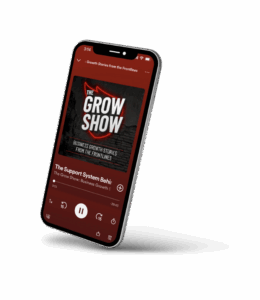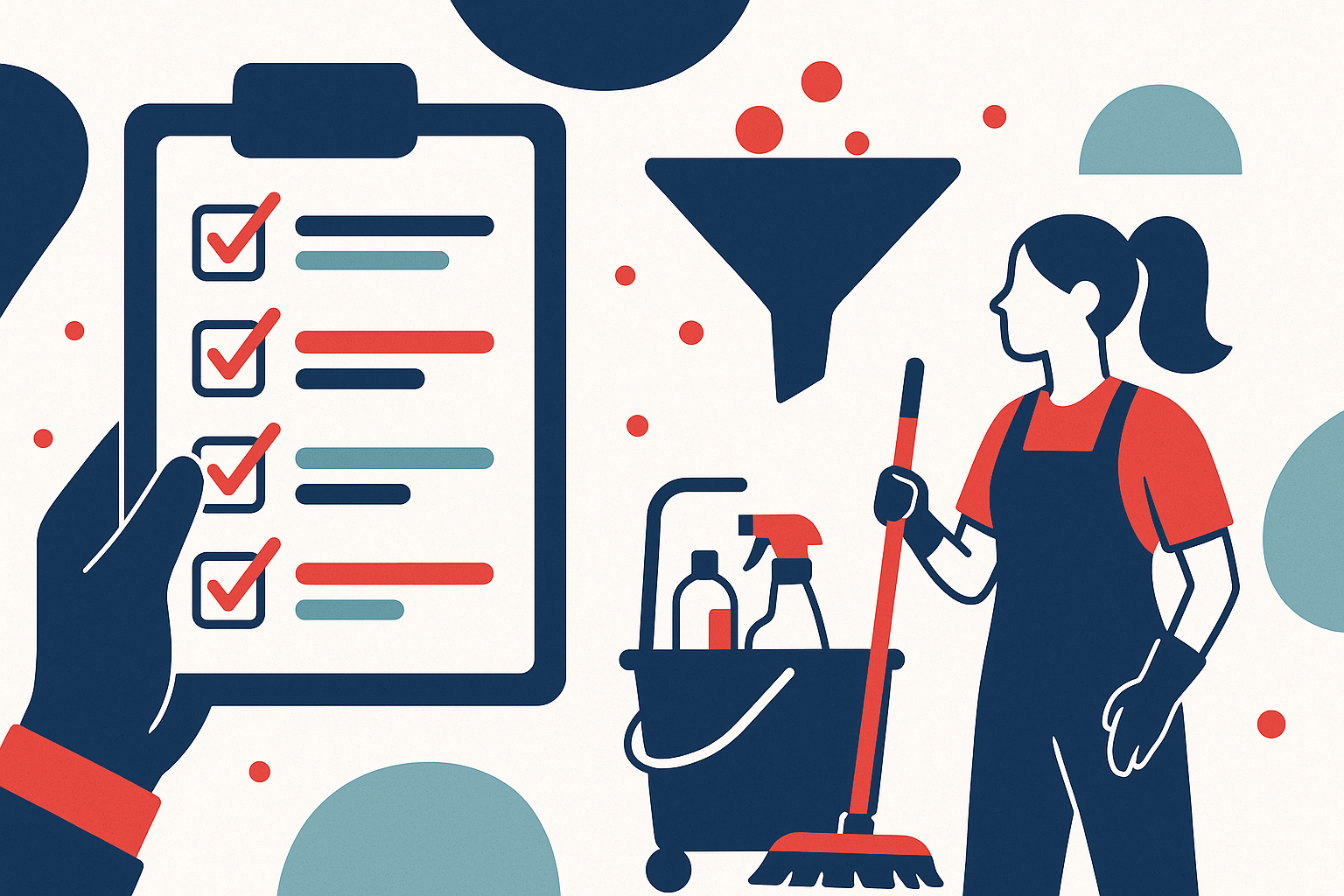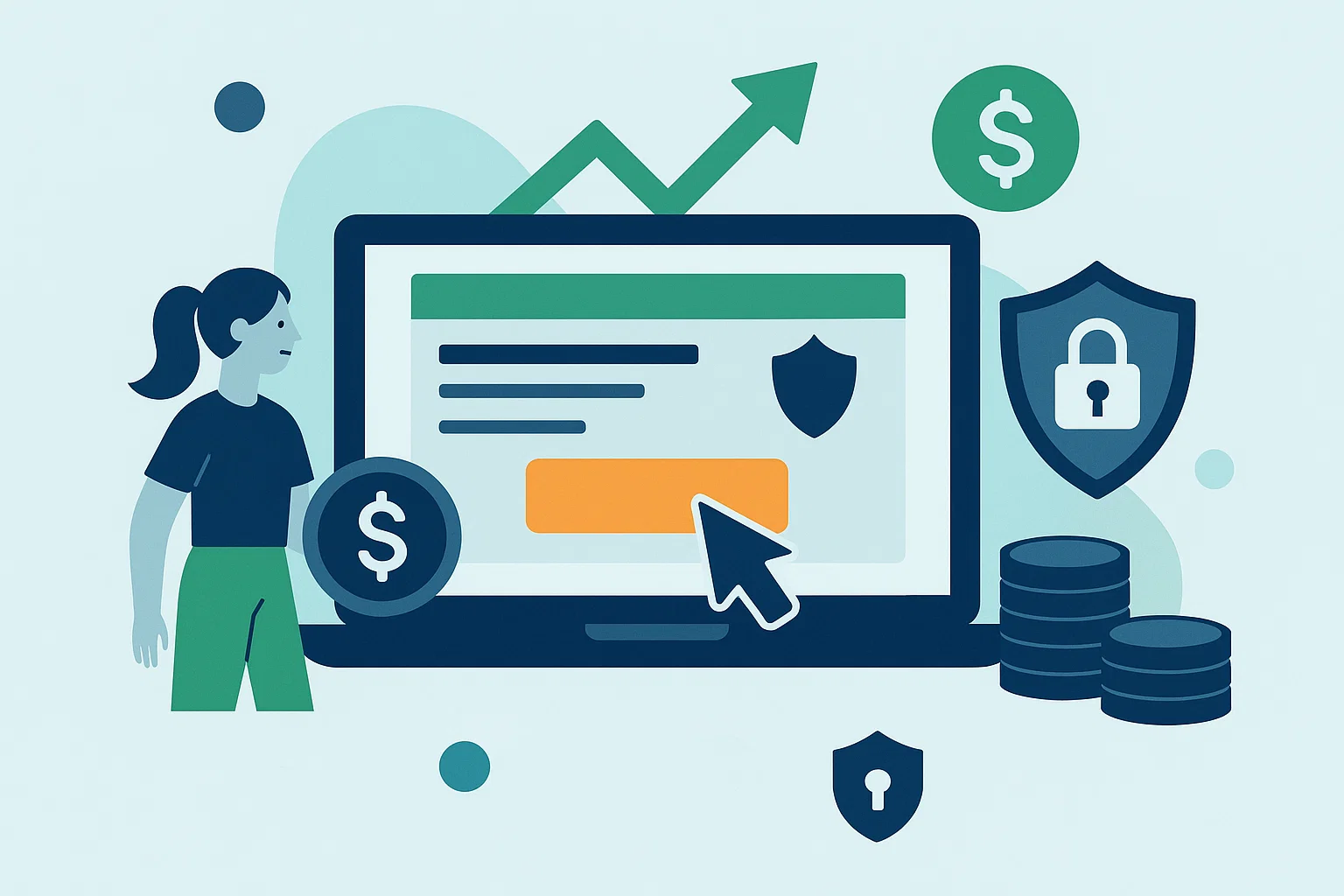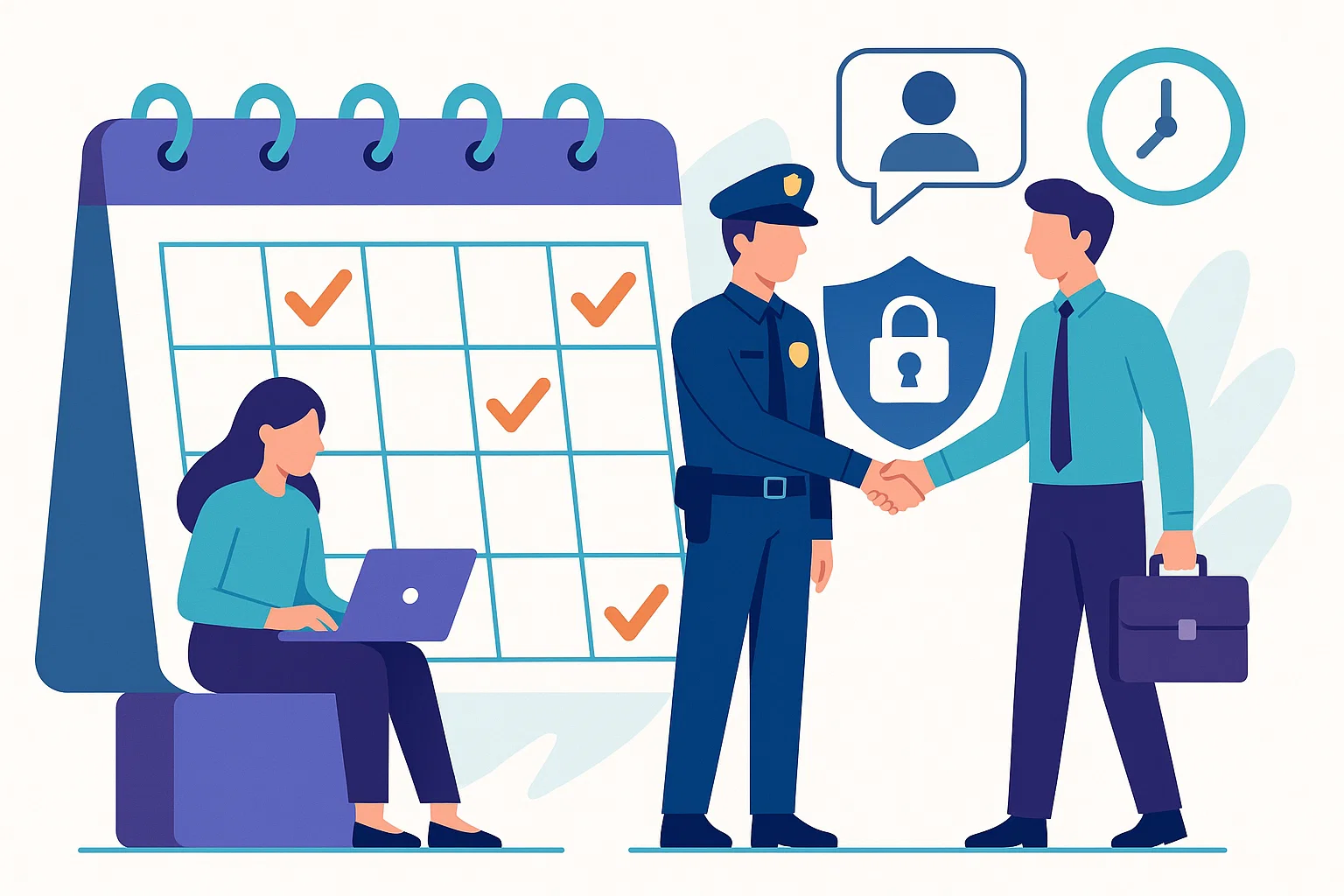Sales teams in commercial cleaning companies often find themselves juggling dozens or even hundreds of leads without a clear path to prioritize them. Some are ready to sign a contract, others just kicked the tires on a form, and many fall somewhere in between. Without a system to separate serious buyers from casual browsers, your sales reps waste time chasing the wrong opportunities.
That’s where lead scoring for cleaning companies comes in.
In this comprehensive guide, we’ll explore how lead scoring can transform your sales process by helping you focus on the prospects most likely to convert. You’ll learn what lead scoring is, how it works, how to implement it using your CRM, and why it’s essential for growth-oriented cleaning businesses. We’ll also offer insights into how a professional lead scoring service can eliminate the guesswork and help you close more deals, faster.
Contents
- 1 What Is Lead Scoring?
- 2 Why Lead Scoring Matters for Cleaning Companies
- 3 How Lead Scoring Works: The Basics
- 4 Customizing a Lead Scoring Model for Cleaning Services
- 5 Integrating Lead Scoring With Your CRM
- 6 Signs Your Cleaning Business Needs Lead Scoring
- 7 How Professional Lead Scoring Services Help
- 8 Lead Scoring in Action: A Cleaning Company Case Study
- 9 Nurture Lower-Scoring Leads the Smart Way
- 10 Common Lead Scoring Mistakes to Avoid
- 11 Ready to Prioritize the Right Leads?
What Is Lead Scoring?
Lead scoring is the process of assigning a numerical value to each sales lead based on how likely they are to become a customer. The score is determined by combining demographic data (like company size, location, industry) with behavioral data (like email opens, website visits, or form submissions).
For cleaning companies, lead scoring helps answer questions like:
- Is this a qualified decision-maker at a facility that matches our target profile?
- Have they shown real interest in our services?
- Are they actively looking for a cleaning vendor?
When you score leads effectively, your sales team knows exactly who to contact, when to follow up, and how to tailor the conversation.
Why Lead Scoring Matters for Cleaning Companies
In the cleaning industry, the buying cycle is often driven by timing and pain points — a facility manager may reach out after a janitorial contract ends or when complaints pile up. That makes timing everything. Without lead scoring, your reps are left guessing who’s worth calling today versus who needs more nurturing.
Here’s what happens when cleaning companies implement a lead scoring system:
- Higher conversion rates: Reps spend more time on leads that match your ideal client profile.
- Faster sales cycles: Priority leads move through the funnel quicker when followed up with immediately.
- Better alignment between sales and marketing: Marketing focuses on generating high-quality leads instead of volume alone.
- Increased revenue: More contracts signed with fewer wasted hours.
Lead scoring doesn’t just improve efficiency. It creates predictability – a must for cleaning businesses trying to grow sustainably.
How Lead Scoring Works: The Basics
Every lead scoring model starts by defining what makes a “good” lead for your cleaning business. This often includes a mix of:
1. Demographic & Firmographic Data:
- Company size or square footage of facility
- Industry type (medical, retail, education, industrial)
- Location or service area
- Decision-maker role (facility manager, operations director, office admin)
2. Behavioral Data:
- Visits to your website’s pricing or service pages
- Downloads of checklists, case studies, or service brochures
- Email open and click rates
- Contact form submissions or quote requests
3. Engagement Recency:
- Last time they visited your site
- Last email opened
- Time since first touchpoint
Each of these actions and attributes is assigned a score. The total score indicates how “hot” the lead is. For example:
- 80–100 points: Hot lead – pass to sales immediately
- 50–79 points: Warm lead – continue nurturing
- Below 50: Cold – low priority or disqualify
Customizing a Lead Scoring Model for Cleaning Services
The cleaning industry has unique signals that generic lead scoring models may not capture. A specialized approach is key.
Consider the following criteria tailored to cleaning companies:
Priority Attributes:
- Facility type (medical and education often score higher due to regulations)
- Number of employees (more staff often means higher cleaning needs)
- Inquiry urgency (e.g., “Need service next week” scores higher)
- Form response fields like current vendor dissatisfaction
Priority Behaviors:
- Repeated visits to your pricing page
- Downloading a checklist like “10 Questions to Ask Your Cleaning Vendor”
- Clicking links in multiple follow-up emails
- Requesting a site assessment or quote
These behaviors show a higher likelihood of readiness. A good scoring model helps your team act on this intent without manual analysis.
Integrating Lead Scoring With Your CRM
Most cleaning companies already use a CRM like HubSpot, Zoho, Salesforce, or even tools like Pipedrive or Monday Sales. The good news is that many of these platforms have built-in lead scoring functionality – or can integrate with third-party tools that offer it.
Here’s how integration works:
- Define scoring rules in your CRM based on the attributes and actions listed above.
- Assign scores automatically as new leads enter your pipeline.
- Set up workflows so that hot leads are flagged for immediate sales follow-up.
- Use scoring tiers to trigger different email nurture sequences based on the score.
This ensures no lead falls through the cracks. Your sales team gets notified when a lead crosses a score threshold, and your marketing team can analyze which channels produce the highest-quality leads.
Signs Your Cleaning Business Needs Lead Scoring
Still unsure if lead scoring is worth the effort? Here are a few signs it’s time to implement a system:
- Your sales team spends too much time on unqualified leads.
- You’re getting plenty of leads but conversion rates are low.
- Marketing and sales are misaligned on lead quality.
- Follow-ups are inconsistent and poorly timed.
- There’s no visibility into which leads are most engaged.
Lead scoring brings structure to chaos. It’s especially valuable if you’re running outbound email campaigns, buying lead lists, or using PPC ads to attract inbound prospects.
How Professional Lead Scoring Services Help
Building a lead scoring model in-house takes time, strategy, and the right data. Many commercial cleaning companies don’t have the bandwidth to set up a fully functional scoring system – or optimize it regularly.
That’s where outsourcing to a lead scoring service makes sense.
A professional lead scoring service can:
- Analyze your current leads and conversion data
- Create a custom scoring model based on what’s actually working
- Set up scoring rules inside your CRM
- Monitor and refine the model over time for better accuracy
- Align your scoring with outbound and inbound campaigns
It’s not just about building a model – it’s about building one that evolves with your sales strategy.
Lead Scoring in Action: A Cleaning Company Case Study
Let’s say your company targets medical and education facilities. You receive 100 leads from a recent campaign. Without lead scoring, your sales team treats all 100 equally.
But with a scoring system in place:
- 15 leads are flagged as high-value because they downloaded your compliance checklist and scheduled a walkthrough.
- 30 leads are warm – they opened your emails and browsed your services.
- 55 leads show minimal engagement and don’t match your target profile.
Now, your team focuses on the top 15 first, nurtures the next 30, and sets low-engagement leads aside. The result? More deals closed in less time, without burning out your reps.
Nurture Lower-Scoring Leads the Smart Way
Just because a lead doesn’t score high today doesn’t mean they won’t be ready in the future. That’s why lead scoring and lead nurturing go hand-in-hand.
For leads in the 50-79 score range, set up a drip campaign with:
- Monthly tips on maintaining clean workspaces
- Seasonal reminders (e.g., flu season disinfecting)
- Case studies and testimonials from similar clients
- Checklists or downloadable content that signals buying intent
Each new action can add to their score and trigger a sales touchpoint when they’re more likely to convert.
Common Lead Scoring Mistakes to Avoid
Even with the right tools, lead scoring can fall short if not implemented properly. Here are common mistakes cleaning companies make:
- Overweighting the wrong signals: Not all form fills are equal. Someone asking for pricing is a stronger lead than someone downloading a brochure.
- Neglecting negative scoring: If someone unsubscribes or visits a careers page, lower their score.
- Failing to update the model: Business goals change. So should your scoring rules.
- Using only demographic data: Behavior tells you when a lead is ready, not just who they are.
Ready to Prioritize the Right Leads?
Lead scoring for cleaning companies is not a luxury – it’s a necessity if you want to scale efficiently, align sales and marketing, and convert high-value prospects consistently. Whether you’re just getting started or need to fine-tune an existing model, investing in lead scoring pays off.
Want help building your custom lead scoring system? Let’s talk.
We offer professional lead scoring assessments tailored to cleaning companies. You’ll get expert insights into how your leads are engaging, what to prioritize, and how to turn your CRM into a lead-closing machine.

Madison Hendrix
Madison has worked in SEO and content writing at Abstrakt for over 5 years and has become a certified lead generation expert through her hours upon hours of research to identify the best possible strategies for companies to grow within our niche industry target audiences. An early adopter of AIO (A.I. Optimization) with many organic search accolades - she brings a unique level of expertise to Abstrakt providing helpful info to all of our core audiences.
- Madison Hendrix#molongui-disabled-link
- Madison Hendrix#molongui-disabled-link
- Madison Hendrix#molongui-disabled-link
- Madison Hendrix#molongui-disabled-link







